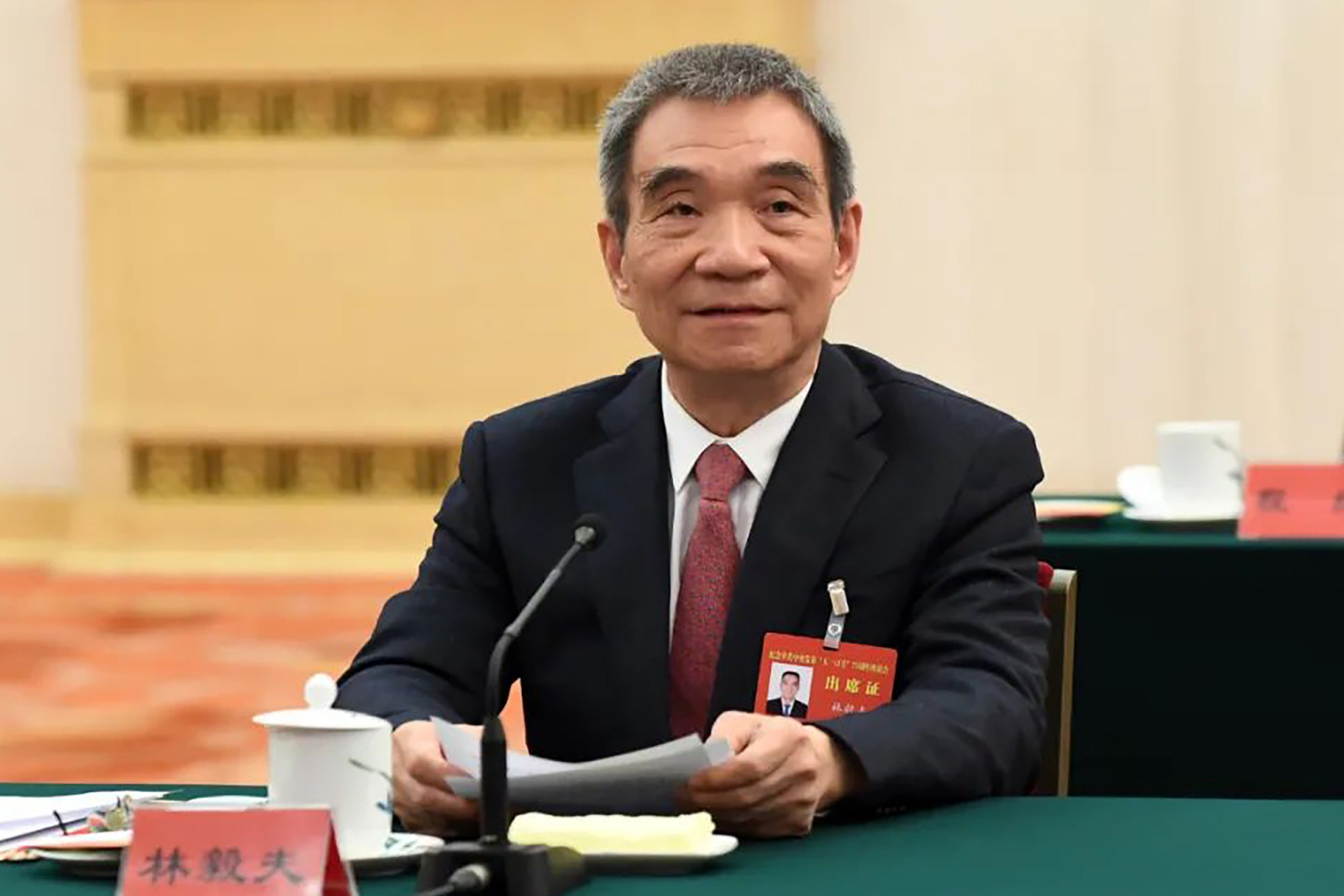Prominent Chinese economist Justin Lin paints a rosy picture of China’s greying population
[ad_1]
China’s rapidly ageing population is not a looming demographic time bomb that will drag the economy into a Japan-style lost decade, but will instead give rise to a “silver-hair economy” that will help boost the country’s competitiveness, according to economist Justin Lin Yifu.
The rosy picture of China’s economic future painted by Lin, dean of Peking University’s Institute of New Structural Economics and a former World Bank senior vice-president, was made during a conference on the “silver-hair economy” sponsored by the National Development and Reform Commission and the Ministry of Commerce in Shanghai earlier this week.
China turns to robots to fill gaps from ageing population, labour shortfalls
China turns to robots to fill gaps from ageing population, labour shortfalls
Among the countries analysed, 53 nations and regions had greyed, with people over the age of 65 exceeding 14 per cent of that country’s population.
The World Bank defines a country with more than 14 per cent of its population above 65 years old as “aged”. They are considered “super aged” if that number is above 20 per cent.
Among these 53 countries, 27 had more than half the equivalent of the US per capita GDP, according to a summary of speech by Lin posted online by the institute.

Lin’s team compared the economic growth rate in the 10 years before and after the countries reached the demographic threshold and found that the GDP growth of most countries in the first group, with only a few exceptions, declined only slightly in the decade after the population had aged.
The economic growth of the second group of countries actually rose after their population aged, Lin told the conference.
“Our analysis of micro-data of the provinces and aggregate data from previous censuses, as well as sample surveys of 1 per cent of the population, showed that a shrinking and ageing population has no significant negative impact on economic growth,” he said.
“In 2001, China officially entered an ageing society [with 7 per cent of the population over 65 years old]. Since then, many people in China have become increasingly wary that they may ‘get old before becoming affluent’,” he added.
China’s ‘newborn normal’ expected to hit 10 million as ageing trends continue
China’s ‘newborn normal’ expected to hit 10 million as ageing trends continue
“But the fact is that the average annual GDP growth in China – calculated based on constant local currency – averaged 8.43 per cent between 2001 and 2022,” he said.
Lin’s argument came as many analysts, especially those from overseas, have warned that ageing will undermine China’s economic growth and its ability to compete with the United States.
One such leading critic is Yi Fuxian, a demographer from the University of Wisconsin-Madison, who argued in February this year that China had passed its prime because of its ageing population and that the economy would suffer.
China had 209.78 million people over the age of 65 last year, accounting for 14.9 per cent of the population, up from 200 million in 2021, according to official statistics.
Last year, the country recorded negative population growth for the first time in 61 years, with a drop of 850,000. The United Nations has forecast that China’s population will fall from 1.426 billion last year to 1.313 billion by 2050, and drop below 800 million by 2100.
“Ageing has not caused China to lose the demographic dividend of economic development,” Lin argued.
“Instead, China is ushering in a new and higher-quality human capital dividend that is conducive to technological innovation and industrial upgrading. China needs to seize the opportunity firmly.”
Lin’s argument dovetails with Beijing’s call for businesses to take advantage of the economic power of seniors.
Speaking at the same conference, NDRC vice-chairman Cong Liang said China’s seniors would become an important force to drive China’s and global economic growth.
Lin also put a positive spin on China’s enormous number of pensioners, saying they provided a strong foundation of spending power.
Chinese scientists claim anti-ageing breakthrough with spinal cord discovery
Chinese scientists claim anti-ageing breakthrough with spinal cord discovery
“In the seventh national census data, the elderly population whose main source of [income] was a pension … rose to first place (34.7 per cent), surpassing family support (32.7 per cent) and labour income (22 per cent),” he said.
[ad_2]
Source link





